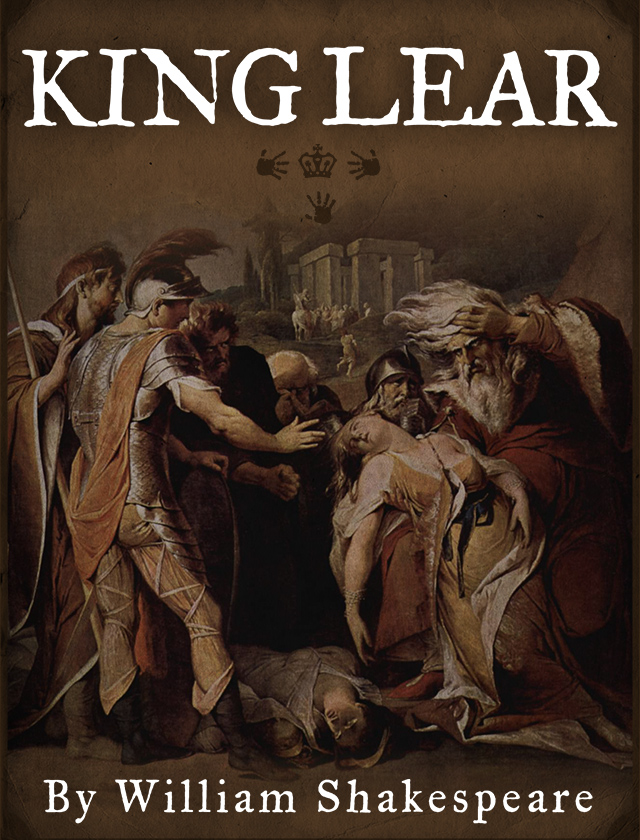King Lear
by William Shakespeare
Gloucester
Like King Lear, Gloucester is unable to see which of his children is truly good and which is a traitor. His blindness to reality, however, stems more from a kind of foolish gullibility and insecurity than an outright desire for flattery. Gloucester easily believes Edmund’s accusations against Edgar, suggesting a kind of paranoid fear that one of his children would try to usurp his power. Gloucester’s fear is not unfounded; he only fails to identify which of his sons is actually doing the usurping. Yet for all Gloucester’s foolishness, he emerges as genuinely good and even brave in his desire to help King Lear despite the possible consequences. The consequences—literally being blinded by Cornwall and Regan—mirror his metaphorical blindness when it comes to seeing his children as they really are. Like Lear, Gloucester eventually learns the truth about his children and is able to reunite with the one who loves him, but not soon enough to curtail tragedy.
Sign up to continue reading Gloucester >